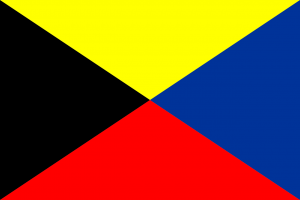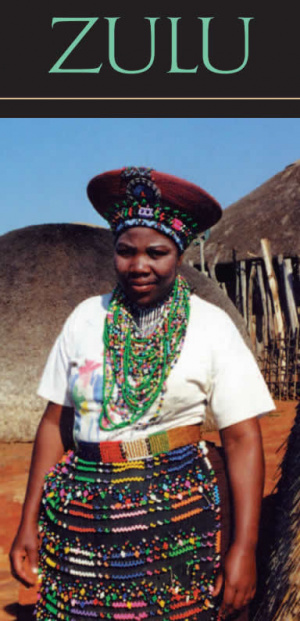Language/Zulu/Culture/People-and-History
The Zulu people are a prominent ethnic group in South Africa, primarily residing in the province of KwaZulu-Natal (formerly known as Natal). The history of the Zulus dates back to the 19th century warrior, Shaka Zulu. After the death of his father, Senzangakhona, Shaka embarked on a series of conquests, uniting many ethnic groups under his rule and creating a vast Zulu nation. During the Mfecane or Difaqane wars that Shaka instigated, many people fled KwaZulu-Natal and migrated north, spreading the Zulu language along the way. In 1828, Dingaan, Shaka's brother, assassinated him, following which Cetshwayo, another of Shaka's brothers, became the king. Under Cetshwayo's leadership, the Zulus won several military victories against the British. However, the British ultimately emerged victorious, and in 1887, they annexed KwaZulu-Natal, eventually incorporating it into a colony. Despite this, many of the cultural practices and traditions from Shaka's time remain fundamental to Zulu culture, and today, King Goodwill Zwelethini is the Zulu monarch.
In 1948, the Afrikaner-dominated National Party gained control of Parliament in South Africa and implemented policies that aimed to disenfranchise people of color who still had voting rights. This policy of separation, also known as apartheid, was further strengthened with the enactment of several laws, including the Job Reservation Act, the Mixed Marriages Act, the Group Areas Act, the Immorality Act, the Pass Laws, and more. The black nations were divided into homelands, with the Zulu nation separated into thirteen fragmented areas known as kwaZulu (place of the Zulu). In the face of internal resistance and international sanctions, the apartheid policies were abolished in 1990, and the bans on black political parties were lifted, leading to the release of political prisoners. In 1994, the first democratic elections were held in South Africa, and the homeland of kwaZulu was dissolved, leading to the renaming of the entire province as KwaZulu-Natal.
In summary, the Zulu people have a rich history that dates back to the 19th century, with Shaka Zulu playing a significant role in the consolidation of the Zulu nation. Despite facing numerous challenges over the years, including apartheid policies and political divisions, the Zulu culture and traditions continue to thrive in modern-day South Africa.
Take a moment to explore these relevant pages as you conclude this lesson: Zulu Culture and Traditions: Festivals and Holidays, Why Study Zulu & South Africa Timeline.
Sources[edit | edit source]
Videos[edit | edit source]
Zulu king: I won't let my people forget our history - YouTube[edit | edit source]
Other Lessons[edit | edit source]


